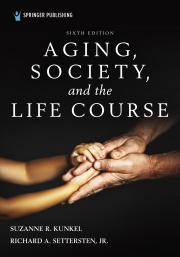There are other editions available.
This is the most recent edition.
Have access already?
Get access to this chapter:
- Perpetual access Add to cart ($9.99)
Or get access to the entire book:
- Perpetual access Add to cart ($78.99)
